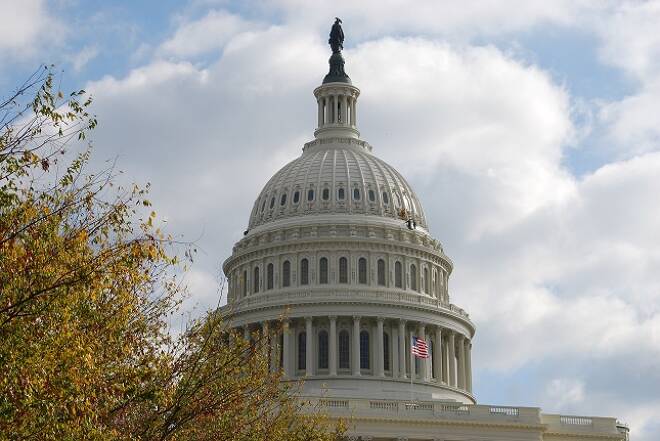Advertisement
Advertisement
Choice Act Reduces Regulatory Burdens, but Makes System Less Safe
By:
In early February, President Donald Trump signed an executive order intended to repeal the 2010 Dodd-Frank Wall Street Reform and Consumer Protection Act.
In early February, President Donald Trump signed an executive order intended to repeal the 2010 Dodd-Frank Wall Street Reform and Consumer Protection Act. The Trump administration intends to replace the Dodd-Frank Act with the Financial Choice Act. This bill failed in 2016, but has been reintroduced by Republican Congressman Jeb Hensarling, who is chairman of the House Financial Services Committee, with the blessings of President Trump.
Trump’s order directed the treasury secretary to consult with the heads of the member agencies of the Financial Stability Oversight Council and report within 120 days if existing laws and regulations support the seven so-called “Core Principles” to regulate the U.S. financial system.
The 120 days are up and the U.S. House of Representatives pushed through a bill on June 8 that would remove many of the key banking reforms implemented after the historic financial crisis in 2008 – 09. The reworked bill is now being called the Financial Creating Hope and Opportunity for Investors, Consumers and Entrepreneurs Act.
While the name may be impressive, the actual bill appears to be too controversial to pass without some major tweaking. Some critics have even said that it stands virtually no chance to pass the Senate in its current form.
In a nutshell, the new bill contains measures that would allow banks to escape heightened regulatory requirements and cut stress tests back from their current annual schedule. It also guts the Consumer Financial Protection Bureau.
According to Speaker Paul Ryan, “This is a jobs bill for Main Street. It will rein in the overreach of Dodd-Frank that has allowed the big banks to get bigger while small businesses have been unable to get the loans they need to succeed.”
In my opinion, while I acknowledge that Dodd-Frank has gone too far and imposed expensive regulatory burdens on banks, I think the Choice Act swings too far in the other direction.
Dodd-Frank is just too complex and burdensome in some areas including banking and the Forex trade. It may have made the financial system safer, but not without a tremendous cost. Just think of all those banking fees currently passed through to the consumer.
There has to be a way to accomplish this by reducing the complexity and burdensome regulations. However, just eliminating the protection is not the right way to do this. The best way will be to take a little from the top and add a little on the bottom.
One way to lessen the influence of the big banks is to help the community and regional banks get stronger. Additionally, the Senate must continue to enforce the Volcker rule, which prevents banks from trading for their own profit with customer money. The Volcker rule, in my opinion, is necessary because if given the chance, bank traders will, at some point, over-extend themselves by chasing yields and return on capital in the very crowded financial markets. This may even encourage them to take extraordinary risks again in the derivatives markets.
In summary, the time may be right for changes to Dodd-Frank, but it can’t be replaced with changes that have nothing to do with keeping the financial markets secure and helping out small banks and businesses. The new proposal seems to be a ploy designed to give back a few of the privileges banks abused prior to the financial crisis.
About the Author
James Hyerczykauthor
James Hyerczyk is a U.S. based seasoned technical analyst and educator with over 40 years of experience in market analysis and trading, specializing in chart patterns and price movement. He is the author of two books on technical analysis and has a background in both futures and stock markets.
Advertisement
